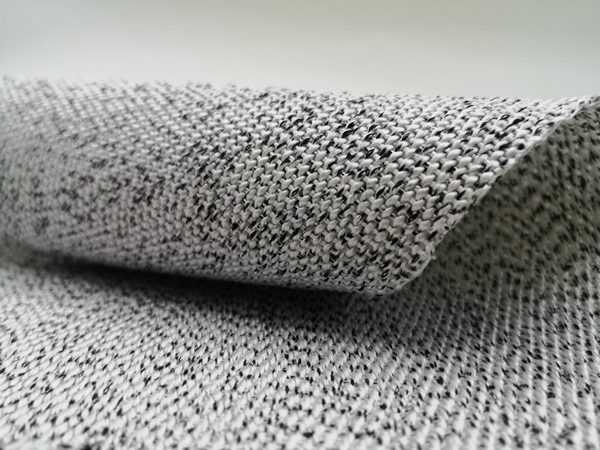Site: Home > Home > News and events
Fabric strength testing is conducted in various industries and applications to assess the mechanical properties and performance of fabrics. Some common applications for fabric strength testing include:
1. Apparel and Fashion Industry: Fabric strength testing is crucial in the apparel industry to ensure that fabrics used for clothing, including garments, sportswear, and outdoor gear, meet the required strength and durability standards. It helps manufacturers evaluate the fabric's resistance to tearing, bursting, and elongation, thus ensuring that the fabric can withstand the stresses associated with wear and use.

2. Textile Manufacturing: Fabric strength testing is conducted during the production process to monitor and control the quality of fabrics. It helps manufacturers ensure that fabrics meet the desired strength specifications and performance requirements. This is important for various textile applications, such as home furnishings, upholstery, bedding, and industrial textiles.
3. Automotive Industry: Fabrics are used in automotive interiors, including seats, headliners, and door panels. Fabric strength testing ensures that these materials can withstand the rigors of automotive use, including resistance to abrasion, tearing, and elongation. It helps manufacturers assess the fabric's durability, safety, and compliance with industry standards.
4. Geotextiles and Civil Engineering: Geotextiles are used in civil engineering applications, such as soil stabilization, erosion control, and drainage systems. Fabric strength testing is essential to evaluate the tensile strength, tear resistance, and puncture resistance of geotextiles, ensuring their suitability for specific engineering projects.
5. Medical and Healthcare: Fabrics used in medical textiles, such as surgical gowns, drapes, and wound dressings, undergo strength testing to ensure they can withstand the stresses and strains associated with various medical procedures. It helps assess the fabric's tear strength, burst strength, and resistance to liquid penetration.
6. Sports and Outdoor Equipment: Fabrics used in sports and outdoor equipment, such as tents, backpacks, and athletic gear, require strength testing to determine their resistance to tearing, abrasion, and elongation. This ensures that the fabrics can withstand the demands of outdoor activities and provide the necessary durability and performance.
These are just a few examples of the many applications for fabric strength testing. By evaluating the mechanical properties of fabrics, manufacturers and researchers can make informed decisions regarding material selection, quality control, and product development to meet the specific requirements of different industries and end-use applications.
Copyright 2022:Qinsun Instruments Co., Limited
High-end textile tester supplier Email:info@qinsun-lab.com | Textile Testing Equipment pdf | Tel:021-67800179 |